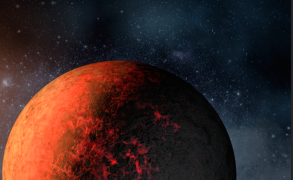
A one-way ticket to Keplar-20b
Could we ever get home from a super-Earth? It’s hard enough for huge rockets to provide the energy required to launch into orbit from Earth. But what if the field of gravity was…
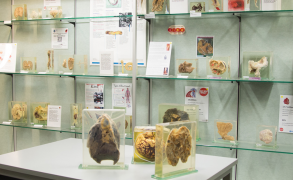
UNSW Sydney launches virtual Museum of Human Disease
Staff at the Museum of Human Disease at UNSW Sydney have used their lockdown time wisely, by creating a virtual version of their collection of real organs and body parts, which constitute the…
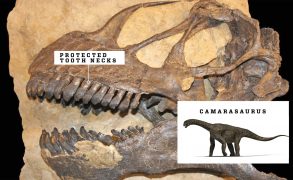
Giant Camarasaurus dinosaurs had beaks
Scientists from the University of Bonn in Germany have solved a mystery that has bothered palaeontologists for years. Discoveries have been made in many places around the world of dinosaur teeth preserved in…
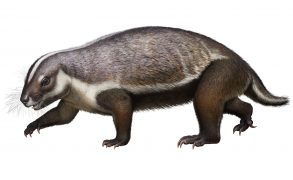
‘Crazy beast’ from the age of dinosaurs discovered
A new mammal from an essentially unknown group found only in the Southern Hemisphere has been revealed by international research involving palaeontologists from Monash University. The full fossil skeleton allows a reconstruction of…
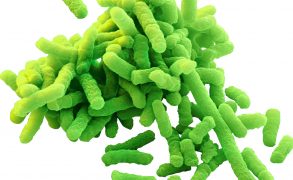
Auto-brewery gut bacteria get you drunk
A special type of a well-known intestinal bacterium could be responsible for some cases of severe liver disease, according to new studies. Scientists from the Capital Institute of Pediatrics in China discovered the…
Dogs: a caveman’s best friend
A 33,000-year-old dog skull found in Siberia presents some of the oldest evidence of dog domestication.
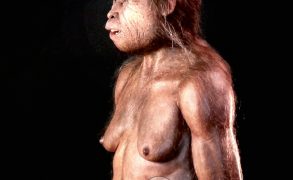
Mysterious old dwarf found in the Philippines
Scientists from the Australian National University have discovered bones and teeth that could add a new chapter to human history. Although the finds from the Callao cave in the Philippines are scarce, there…

2019 ANZ SCOPUS Research Awards – Applications open until Oct 31
The Scopus Researcher Awards recognise outstanding researchers in Australia and New Zealand who have made significant contributions to their fields and areas of research. The winner for each category receives $1000 cash prize,…

Compressed air: sonic shock waves collide
When a plane flies faster than the speed of sound, the pressure waves in front don’t have time to flow around the aircraft and the air becomes compressed, eventually producing a shock wave,…
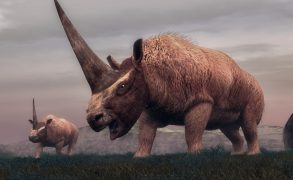
Our ancestors hunted a Siberian unicorn
A prehistoric rhinoceros nicknamed the Siberian unicorn roamed the tundra when modern man arrived in the region, according to new research. The rhino with the Latin name of Elasmotherium sibiricum weighed more than…


